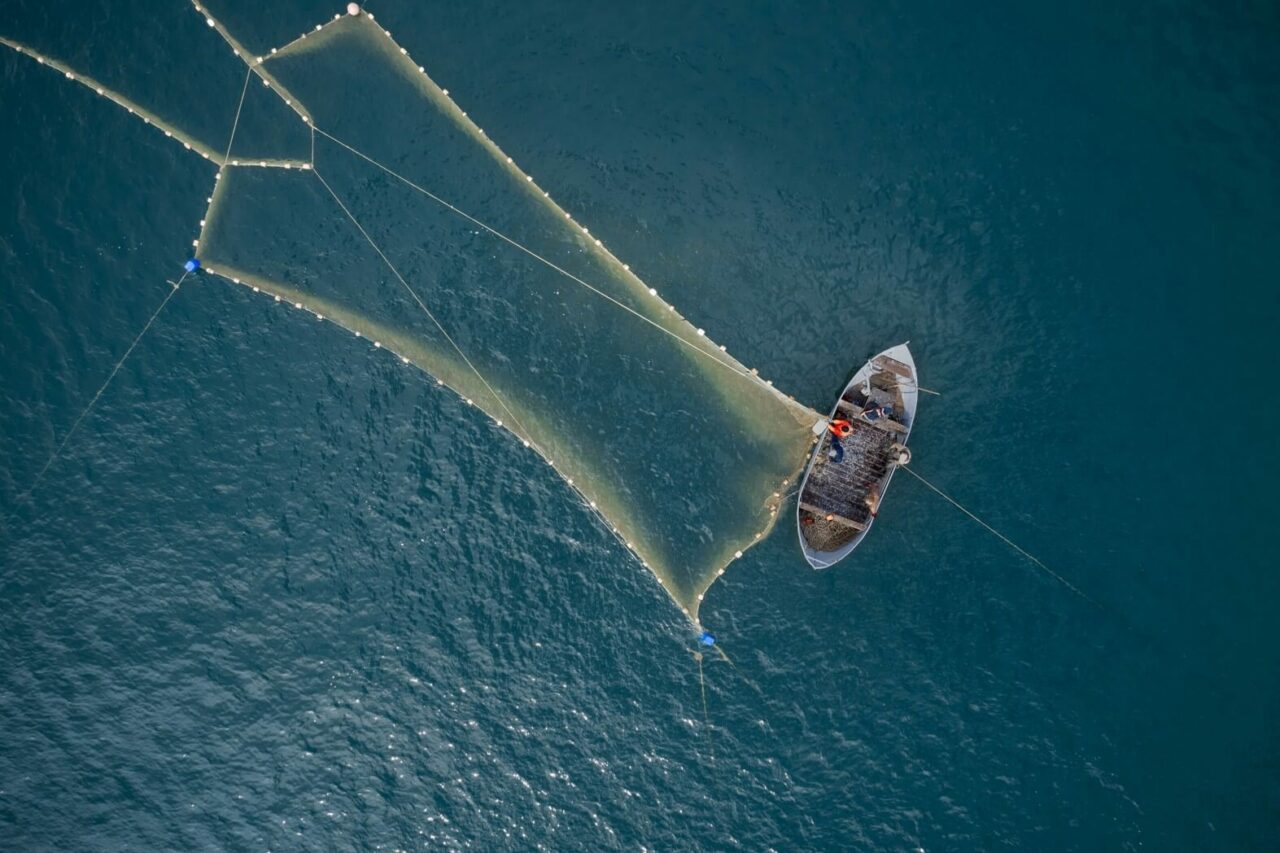Lead institution:
Institute of Marine Research – Norway
The aquaculture industry faces major challenges related to animal health including high mortalities following seawater transfer and reduced growth with unknown causation. The use of plant ingredients in salmon feed has introduced mycotoxins orally for the first time to carnivorous marine farmed fish.
In global terrestrial animals farming, mycotoxins are well known to cause production diseases like those reported in aquaculture. Disrupted health, reduced growth and increased mortality caused by mycotoxin contaminated feed is recognized as one of the most significant hazards and threats to the feed supply chain causing economic losses and impaired animal welfare. A recent study found that >80% of the salmon feeds contain so called emerging mycotoxins, of which enniatins (ENNs) were the most prevalent. The mycotoxin Enniatin B was recently found to impair Atlantic salmon health at levels occasionally found in commercial feeds. However, mycotoxin derivatives co-occur in complex mixtures, having different impact on animal health than single. Based on this, mixes of ENNs might play a role in the current challenges of salmon smolt robustness and reduced growth following seawater transfer. However, this remains to be investigated.
The project aims to investigate whether the load of co-occurring emerging mycotoxins in pre-smolt feed make salmon more susceptible to production related diseases and reduce growth later in life. Feeding trials focusing on smolt robustness will be conducted, investigating the effects of mycotoxins prior to and post seawater transfer. Fish performance will be monitored until the end of the production cycle. A comprehensive screening of effect endpoints at different stages of salmon production will be used to set safe limits for emerging mycotoxins in salmon feed. MYTOXA will integrating in silico, in vitro and in vivo data in a systems biological framework, underpinning novel mechanisms on the toxicity of emerging mycotoxins.
Start Date: 01/01/2024
End Date: 31/12/2027
Lead Contact: Kai Kristoffer Lie (kaikristoffer.lie@hi.no)
